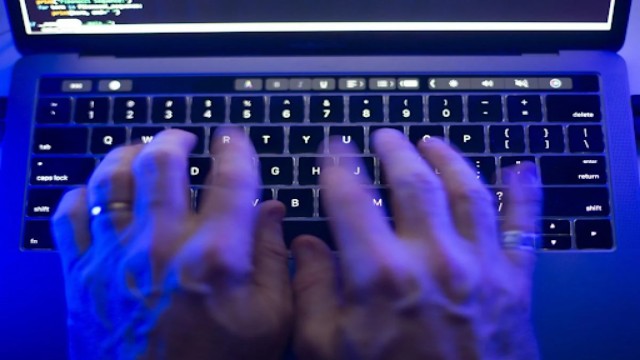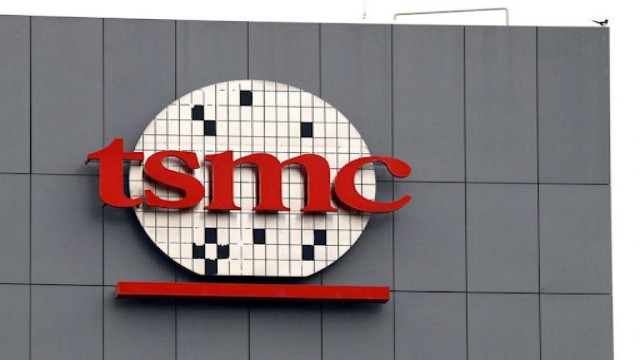
The ByteDance logo is displayed at the company's Shanghai office in China, as seen on July 4, 2023. Reuters
ByteDance, the parent company of TikTok, is set to advance its artificial intelligence (AI) capabilities by developing a new AI model that will primarily use chips from Huawei Technologies. This shift comes as the company looks for alternatives after facing restrictions from the U.S. that limited access to advanced AI chips, particularly from industry leader Nvidia. By turning to domestic suppliers like Huawei, ByteDance aims to bolster its AI technology and remain competitive in an increasingly technology-driven market.
The integration of AI has become essential across various sectors, including gaming and e-commerce, as companies seek to enhance their offerings through custom AI models. These models utilize pattern recognition to make decisions, allowing businesses to provide more tailored experiences for their customers.
According to sources familiar with the situation, ByteDance plans to employ Huawei's Ascend 910B chip to train its upcoming large-language AI model. The sources, who requested anonymity due to the sensitive nature of the information, indicated that this development is part of ByteDance's strategy to solidify its position in the AI landscape. Additionally, there are indications that ByteDance is exploring the creation of another AI model, although it remains unclear if this will involve Huawei's chips.
Currently, ByteDance already utilizes the Ascend 910B chip, primarily for less intensive tasks related to inference, which involves using pre-trained AI models to make predictions. However, training AI models is a more complex process that requires vast amounts of data and high-performance chips, such as Nvidia’s advanced graphics processing units.
The new AI model that ByteDance is developing is expected to have fewer computing capabilities than its existing model, Doubao, which was launched in August 2023 and has gained popularity as a chatbot. A spokesperson for TikTok, representing ByteDance, denied the claims about developing a new model, stating, “The entire premise here is wrong. No new model is being developed.” Meanwhile, Huawei has not responded to requests for comments regarding this initiative.
Despite ordering over 100,000 Ascend 910B chips this year, ByteDance has only received around 30,000 as of July. This limited supply has hindered the company's ability to meet its needs, which, coupled with the limited computational power available compared to Nvidia's chips, has made it difficult for ByteDance to set a timeline for the release of its new AI model.
ByteDance's current AI capabilities power various applications, including the recently rebranded Doubao chatbot and a text-to-video tool called Jimeng. The company introduced two new video-focused Doubao models this month to compete with offerings from OpenAI, reflecting its commitment to enhancing its AI services.
As AI technology continues to gain traction, ByteDance has become one of the largest purchasers of Huawei's AI chips. It is also a significant buyer of Nvidia's H20 AI chip, which has been adapted for the Chinese market following trade restrictions. Additionally, ByteDance has emerged as Microsoft’s largest client in Asia for accessing Nvidia chips through cloud computing services.
In summary, ByteDance is pivoting towards domestic chip suppliers like Huawei to develop its AI models as U.S. restrictions limit access to advanced technology. This strategy reflects the growing importance of AI in various industries, with ByteDance positioning itself as a key player in the market.















